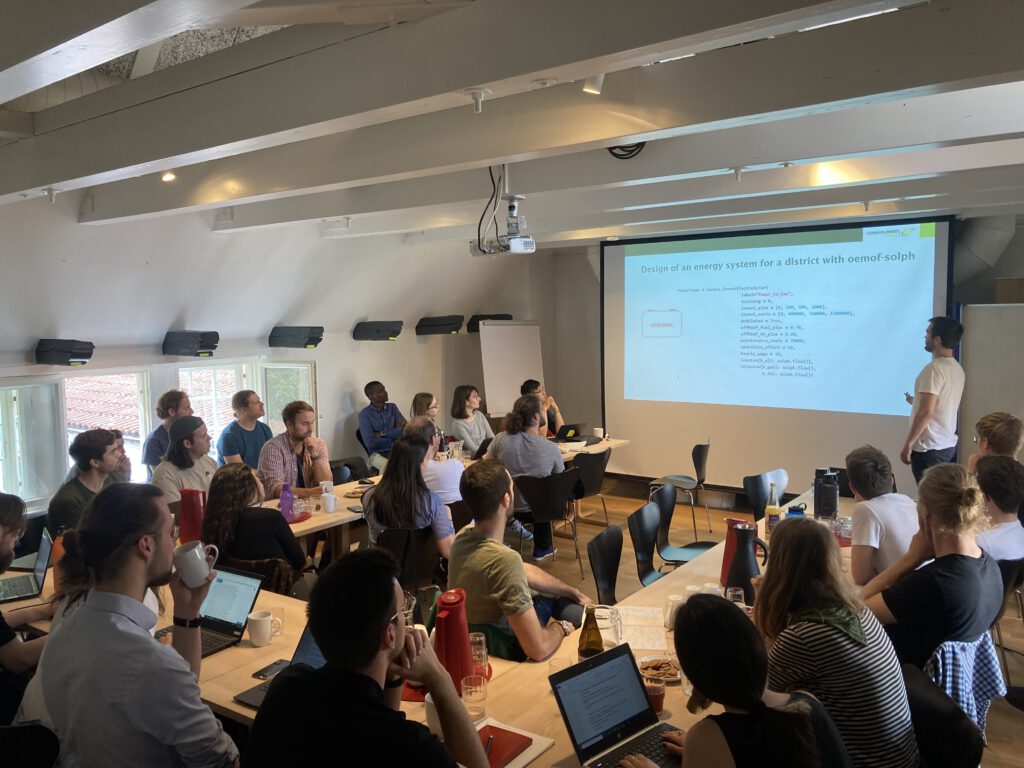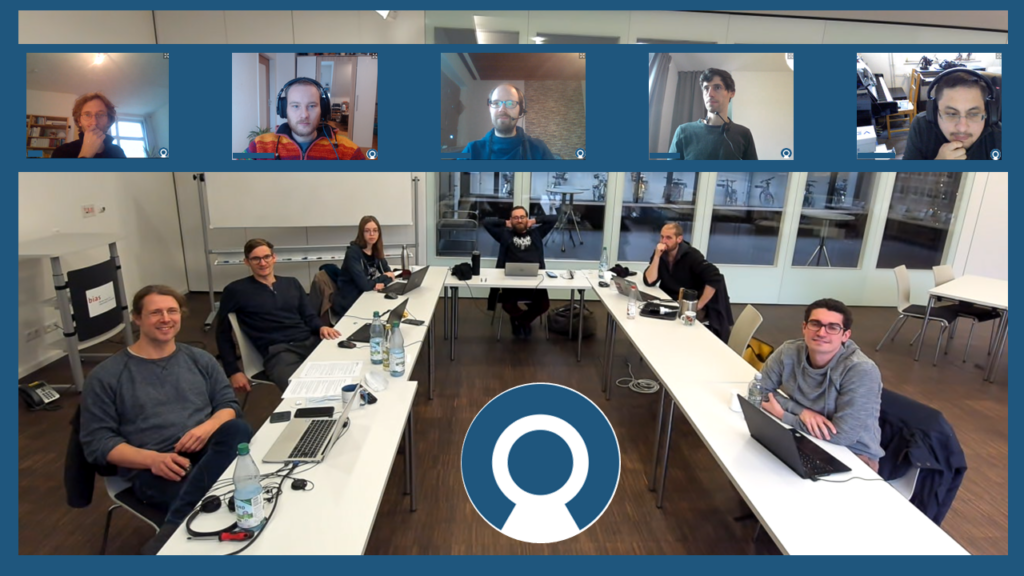We are happy to announce that we have released a new version of oemof.tabular. Oemof.tabular allows to create energy systems from tabular datapackages, which makes it easy to build models without writing a lot of code.
The focus of the release has been the adaption of tabular to oemof.solph 0.4.5. The following changes have been made:
- Adjusted to new oemof.solph structure.
- Allowed definition of costum foreign keys. Keys and related descriptors are now read from config files (.json) and can be adopted by setting environment variables using custom config files.
- Added constraint tests for most facades.
- Reduced number of imported packages.
- Cleaned up the badges in README.
- Moved CI services to GitHub actions.
The following issues have been fixed:
- Fixed Link by not setting constraints that limit direction.
- Fixed storage investment with existing capacities
- Introduced a conditional to fix error when running datapackages with expandable links.
- Fixed typo in the attribute
variable_costsin facades.py. - Introduced marginal costs for both output flows instead of only one to avoid elimination of energy.
A detailed summary can be found here.



